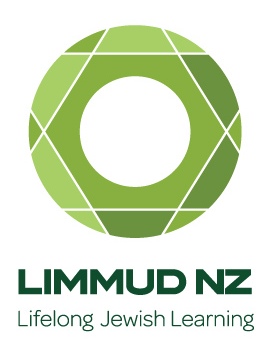
Tonight we were part of a 90-minute discussion on what a Christian response to the Israeli-Gaza war should be.
The other panelists were fantastic and helped round out the coverage, they were:
- Mark Ambundo, Pastor.
- Roy Warren, an expert in protestant evangelical eschatology, who had covered the history of Israel over the previous two weeks from a Christian perspective.
- Stephanie Gutschmidt, a member of Hope Presbyterian, and is fluent in many languages including Hebrew.
- Tony Kan, President of NZ Friends of Israel.
We covered New Testament passages that conflict Christians like:
* Love your enemies
* Turn the other cheek
* Don’t reward evil with evil
We talked about the reliability of information provided by the Gaza Ministry of Health and how that is shaping the world’s perceptions of the war and how it is being conducted.
We covered how to talk to family, friends and loved ones about Israel-Gaza and the Middle East Conflict.
It’s clear that there was a lot for people to process and some of it will require people to let go of long-held “truths” planted by Hamas.
On the other hand, many came up to us and said they had learned a lot they didn’t know before.
Thanks to everyone’s support, prayers, and well-wishes. Special shout out to Paul and Gillian for recommending us to the Hope Presbyterian leadership.
The audio recording can be downloaded in a couple of days from here: https://www.hopechurch.net.nz/sermons
The slides that we showed and other resources can be downloaded from here: https://tinyurl.com/HopeCh24
Hag sameach!










